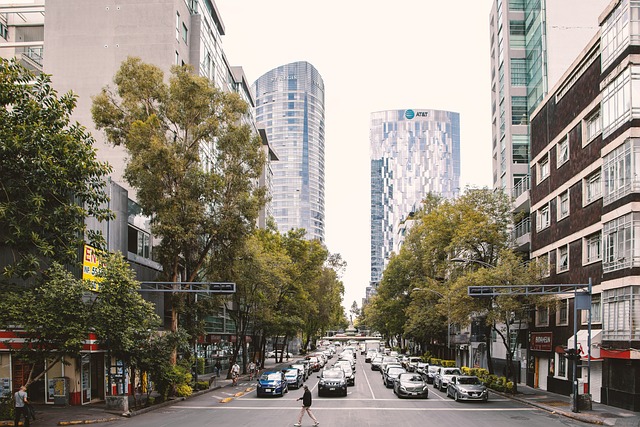Karachi, Pakistan's bustling metropolis, is leading the way towards sustainability with its robust recycling ecosystem. Strategically located recycling centers along Tipu Sultan Road play a pivotal role in managing waste, diverting materials from landfills, and fostering economic growth through upcycling. These facilities efficiently process diverse recyclables, contributing to environmental conservation and local economic development. However, challenges like low awareness and limited infrastructure hinder further expansion. Despite these obstacles, Karachi's community-driven recycling efforts show promising results, aiming to establish a comprehensive recycling infrastructure for a cleaner, more sustainable future.
Exploring Karachi’s recycling landscape, particularly along Tipu Sultan Road, this article delves into how local initiatives are transforming waste management. We examine the availability of recycling centers near this bustling thoroughfare and the diverse materials they accept—from plastics and papers to metals and glass. Balancing benefits like environmental conservation with challenges such as insufficient infrastructure, we discuss community involvement and the promising future prospects for enhanced recycling in Karachi.
- Understanding Karachi's Recycling Ecosystem
- Locating Recycling Centers Along Tipu Sultan Road
- Types of Materials Accepted at These Centers
- Benefits and Challenges Faced by Local Recycling Initiatives
- Community Involvement and Future Prospects for Recycling in Karachi
Understanding Karachi's Recycling Ecosystem
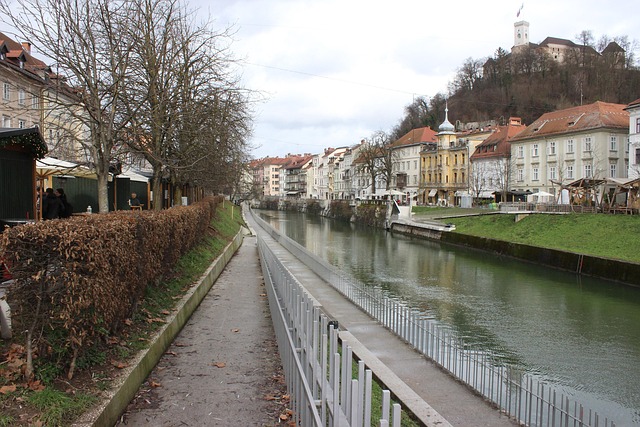
Karachi, a vibrant metropolis, has embraced sustainable practices, and recycling is an integral part of its evolving ecosystem. The city’s recycling centers play a pivotal role in managing waste and diverting materials from landfills. These centers are strategically located to cater to diverse communities, including areas near Tipu Sultan Road. Understanding Karachi’s recycling landscape involves recognizing the efforts made by local initiatives and businesses to collect, sort, and process recyclables efficiently.
The bustling streets of Karachi generate a significant amount of waste, but with dedicated recycling centers, the city is making strides towards a greener future. These facilities not only contribute to environmental conservation but also create opportunities for economic growth by upcycling materials. In the heart of the city, residents can find various recycling centers that accept different types of waste, ensuring proper disposal and potential reuse, which is a significant step forward in Karachi’s journey towards becoming more environmentally conscious.
Locating Recycling Centers Along Tipu Sultan Road
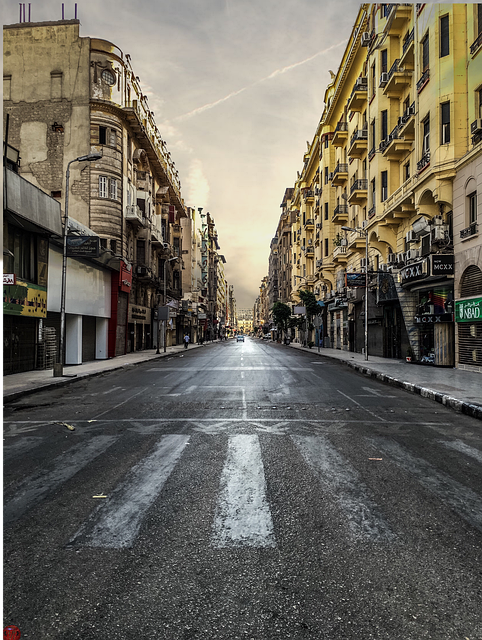
In Karachi, accessing recycling centers is more convenient than ever, with several establishments strategically located along Tipu Sultan Road. This bustling thoroughfare, known for its vibrant commercial activity, has become a hub for eco-friendly initiatives. Residents and businesses alike can easily find recycling centers offering comprehensive solutions for various waste materials, including plastic, paper, glass, and metal.
Navigating Tipu Sultan Road, one discovers a network of centers that cater to the city’s recycling needs. These facilities not only promote sustainable practices but also contribute to the local economy by providing employment opportunities and fostering a culture of environmental responsibility. Karachians can take pride in their role in reducing waste and preserving natural resources by utilizing these accessible recycling centers along Tipu Sultan Road.
Types of Materials Accepted at These Centers
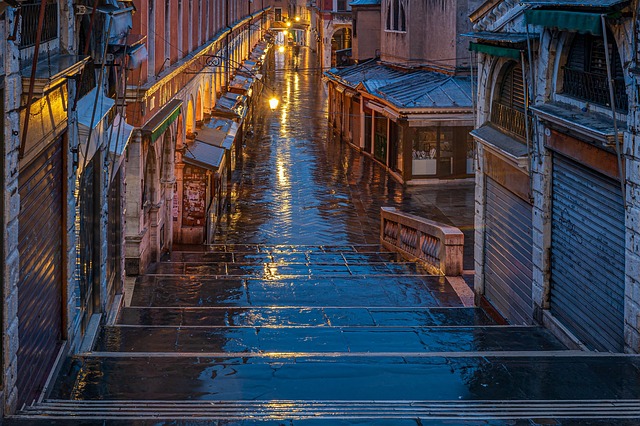
Recycling centers in Karachi, particularly those located near Tipu Sultan Road, accept a wide range of materials, playing a crucial role in the city’s waste management. These facilities are equipped to handle various types of recyclables, including plastics, papers, glass, and metals. Plastic waste is a significant concern in urban areas like Karachi, so centers here often have specific categories for different plastic items, such as PET bottles, HDPE containers, and polyethene bags.
Paper products, from newspapers and magazines to office stationery, are also commonly accepted. Glass materials, like bottles and jars, contribute to the reduction of landfilled glass waste. Additionally, many recycling centers in this region accept various metals, including aluminum cans, steel containers, and even electronic waste, ensuring these materials are processed responsibly.
Benefits and Challenges Faced by Local Recycling Initiatives
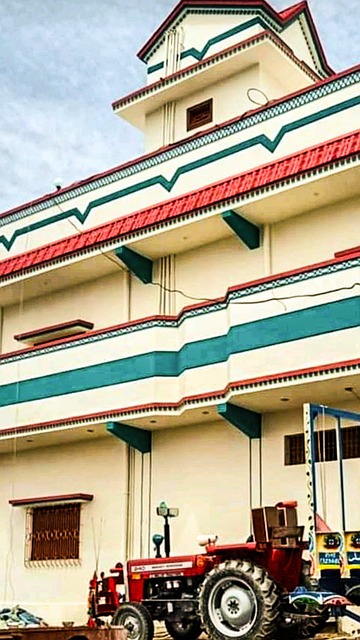
Recycling initiatives in Karachi, particularly those located near bustling areas like Tipu Sultan Road, play a vital role in promoting environmental sustainability. One of the key benefits is reducing waste sent to landfills, which helps mitigate pollution and conserves land resources. Additionally, recycling centers create job opportunities, foster local economic growth, and promote a culture of responsibility among residents. These initiatives also contribute to energy conservation as recycled materials often require less energy for production compared to virgin resources.
However, local recycling efforts face several challenges. One major hurdle is the lack of awareness and participation from the general public. Many residents still do not understand the importance of recycling or how to properly segregate waste. Another challenge is the need for better infrastructure, including collection systems and facilities that can handle the volume of waste generated in a rapidly growing city like Karachi. Limited funding and support from local governments also pose significant obstacles, hindering the expansion and sustainability of these initiatives.
Community Involvement and Future Prospects for Recycling in Karachi
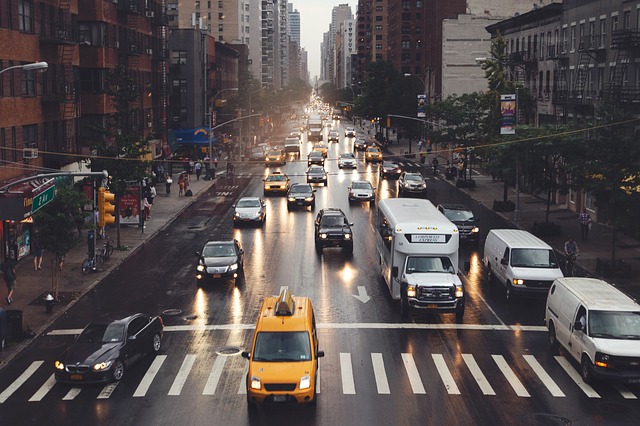
Karachi, as a bustling metropolis, is witnessing a growing awareness and demand for sustainable practices, including recycling. The involvement of the local community in this initiative is both heartening and crucial. Residents near Tipu Sultan Road have shown significant interest in proper waste management, which has led to increased collaboration with nearby recycling centers. This community-led approach ensures a more efficient and effective recycling process, as local residents actively participate in sorting and contributing their recyclable materials.
Looking ahead, the prospects for recycling in Karachi are promising. With continued community engagement and support from local authorities, there’s potential to establish a robust recycling infrastructure. This includes expanding recycling programs, implementing advanced sorting technologies, and creating more drop-off points, ultimately reducing the city’s waste footprint. Karachi has the opportunity to become a model for sustainable practices, demonstrating that with collective effort, the city can embrace eco-friendly solutions while also ensuring a cleaner and healthier environment for future generations.
Karachi’s recycling ecosystem, with its diverse centers along Tipu Sultan Road, offers a promising glimpse into sustainable future. Understanding the types of materials accepted and the benefits these initiatives bring is crucial for fostering community involvement. By navigating the challenges and leveraging local resources, Karachi can revolutionize waste management, ensuring a cleaner and more vibrant city for generations to come.
